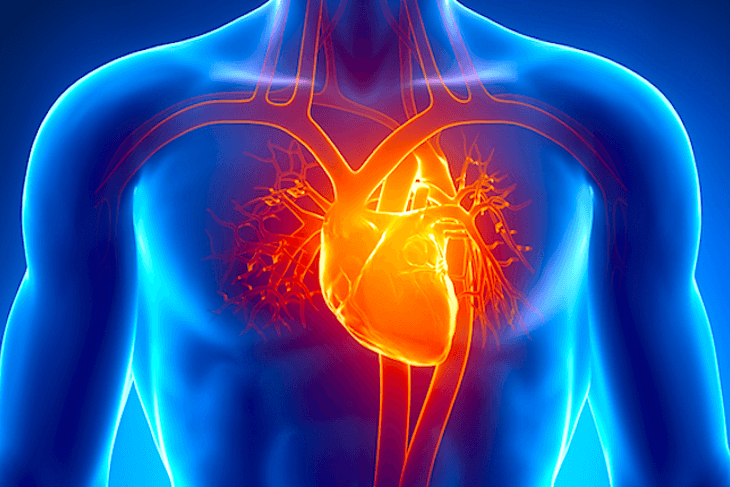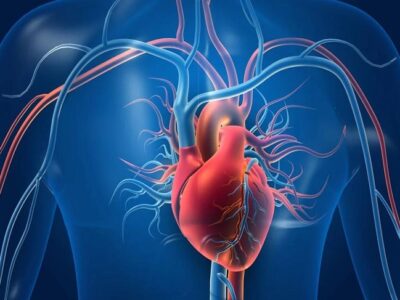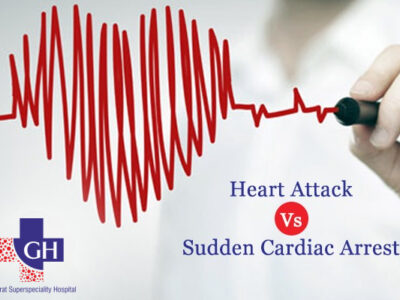If your heart is having trouble, how would you know it? Many heart-related diseases are silent and go undetected. You may be aware of the classic signs of an attack such as shortness of breath or compressing chest pain on left side or left shoulder. But what about other heart symptoms? There aren’t obvious symptoms that indicate something is wrong with your heart. So, here are 10 heart-related symptoms that you can keep an eye on:
1. Chest Discomfort or a pain
Feeling of discomfort in the chest can be a sign of heart danger. You may feel tightness, pain, or pressure in your chest. In addition, you may also have a pinching or burning sensation in the heart.
Such sensations might get triggered when you are doing some physical activity or when you are at rest. If these symptoms are more severe and don’t go away within a few minutes, seek medical help immediately.
2. Stomach Discomfort or an upset
People with heart ailments experience symptoms like nausea, indigestion, heartburn, vomiting, or stomach pain. This does not always have anything to do with your heart as it could be triggered by something you ate. However, you need to be aware these are also the symptoms of life-threatening heart issues. And in our community heart attack symptom is most commonly mistaken as heart Burn or an acidity.
So, if you feel this way, let your doctor know especially if you also have any of the other symptoms on this list.
3. Pain that spreads to the Arm
Arm pain may not always be associated with your heart, but it can be a sign of a heart attack. If you feel pain radiating down the arm especially the left arm, or towards the jaw, it is more likely to be heart-related. Seek medical help if the pain persists for a long time.
4. Dizziness or Lightheadedness
You may feel lightheadedness or dizziness due to many reasons such as starving for a long time, or if you stood up too fast. But, this could also imply that your heart is not functioning well and blood pressure has dropped. Call your doctor right away if you feel sudden dizziness, unsteadiness, or shortness of breath and are unable to regain a normal state of consciousness.
5. Throat or Jaw Pain
It may sound that throat or jaw pain isn’t heart-related, since it is mostly caused by pain in the jaw muscles or cold or a sinus problem. If you feel pressure or pain in the center of your chest that spreads up into your jaw or throat, it could be a warning sign of a heart attack. Consult with your doctor immediately to ensure everything is alright.
6. Sudden Exhaustion
If you feel fatigue or exhaustion after doing routine activities like climbing the stairs or carrying groceries from the car, seek for medical advice. These types of symptoms are more significant than every little ache and pain you may be feel, hence, don’t avoid them. Even unexplained weakness or extreme exhaustion, sometimes for days, can be a sign of heart disease, especially for women.
7. Excess Snoring
It’s normal to snore a little when you sleep, but unusual loud snoring that makes a choking or gasping sound can be a sign of sleep apnea ( a condition where your breath is interupted for some time at night while sleeping). This puts additional stress on your heart which can potentially cause severe damage to your heart. If you face these issues, do consult your doctor for further screening.
8. Sweating
A cold sweat that appears out of nowhere could be an indicator of an ongoing heart attack. If this occurs along with other symptoms on the list, reach out to a nearby hospital or call for urgent medical care.
9. Long-lasting cough
In most cases, a cough that persists for a long time isn’t a sign of a major heart problem. But if you have existing heart disease, with a long-lasting cough that produces white or pink mucus, it could be a warning sign of heart failure. This happens when your heart can’t keep up with the body’s demands, making it push the blood back to your lungs. In such cases, get yourself screened by your doctor.
10. Swelling in the Legs, Ankles, and Feet
This could be a sign that your heart isn’t pumping blood effectively as it should.
When your heart is not able to pump fast enough, blood starts collecting in your legs, ankles, and feet, causing edema (a condition caused by excess fluid trapped in your body’s tissues).
We at Gujarat Superspeciality Hospital are dedicated to provide our patients with the best of services and quality care. If you or someone you know is experiencing any health issues, consult with our heart specialists today at Gujarat Superspeciality Hospital from Monday to Saturday between 09 AM to 07 PM.


